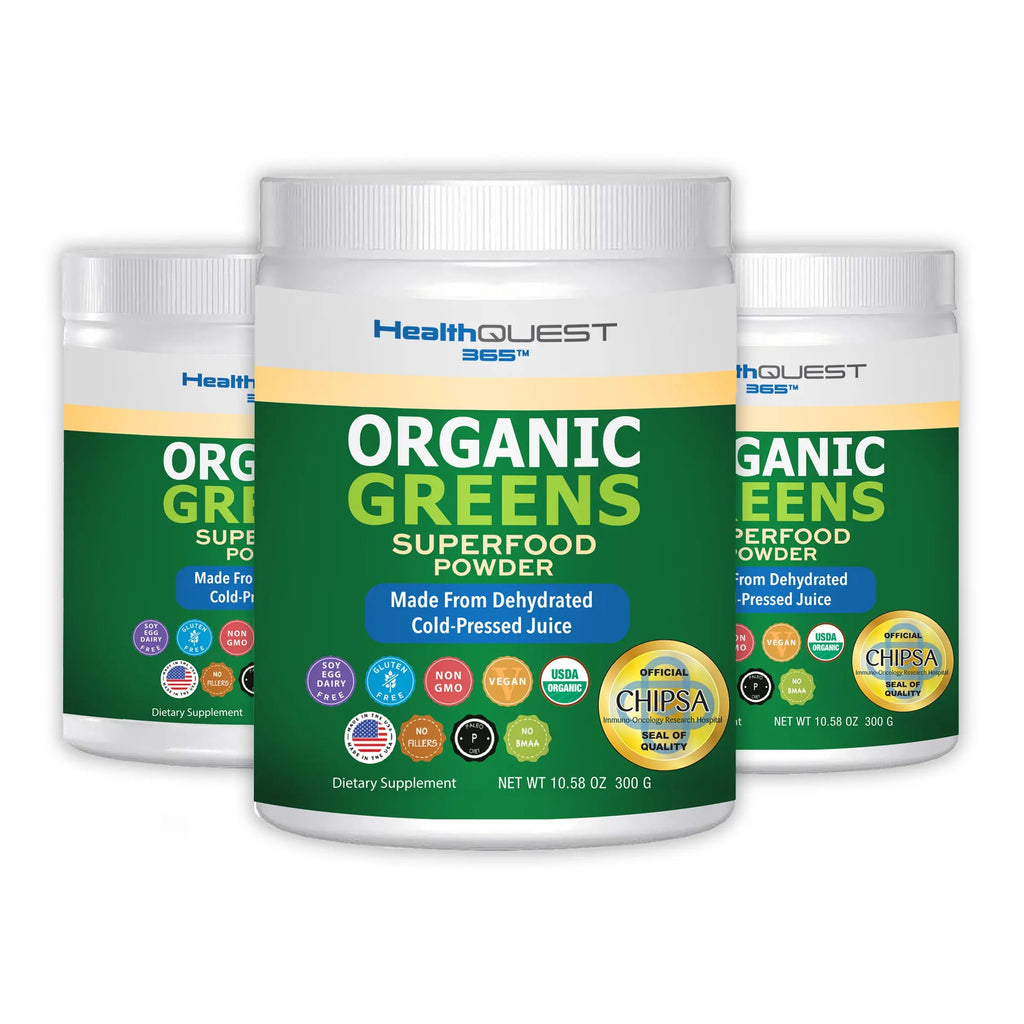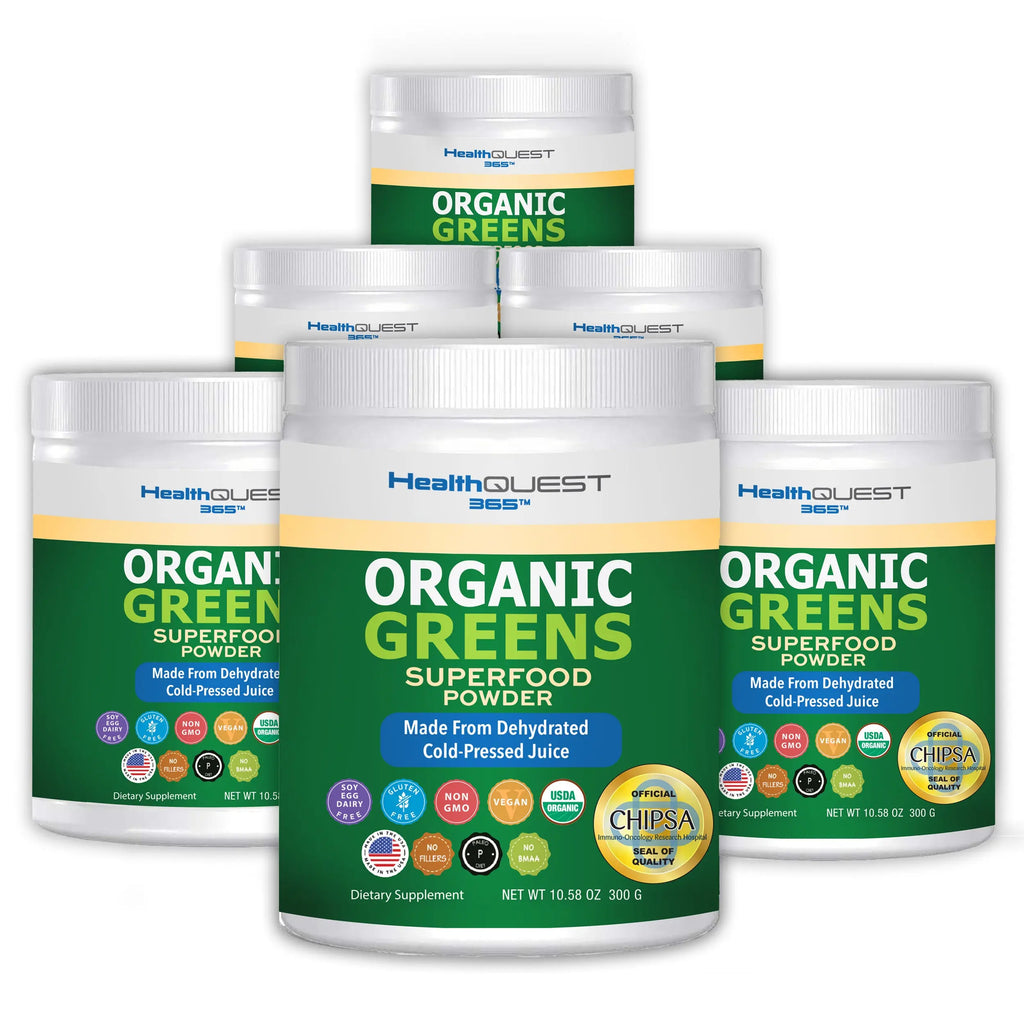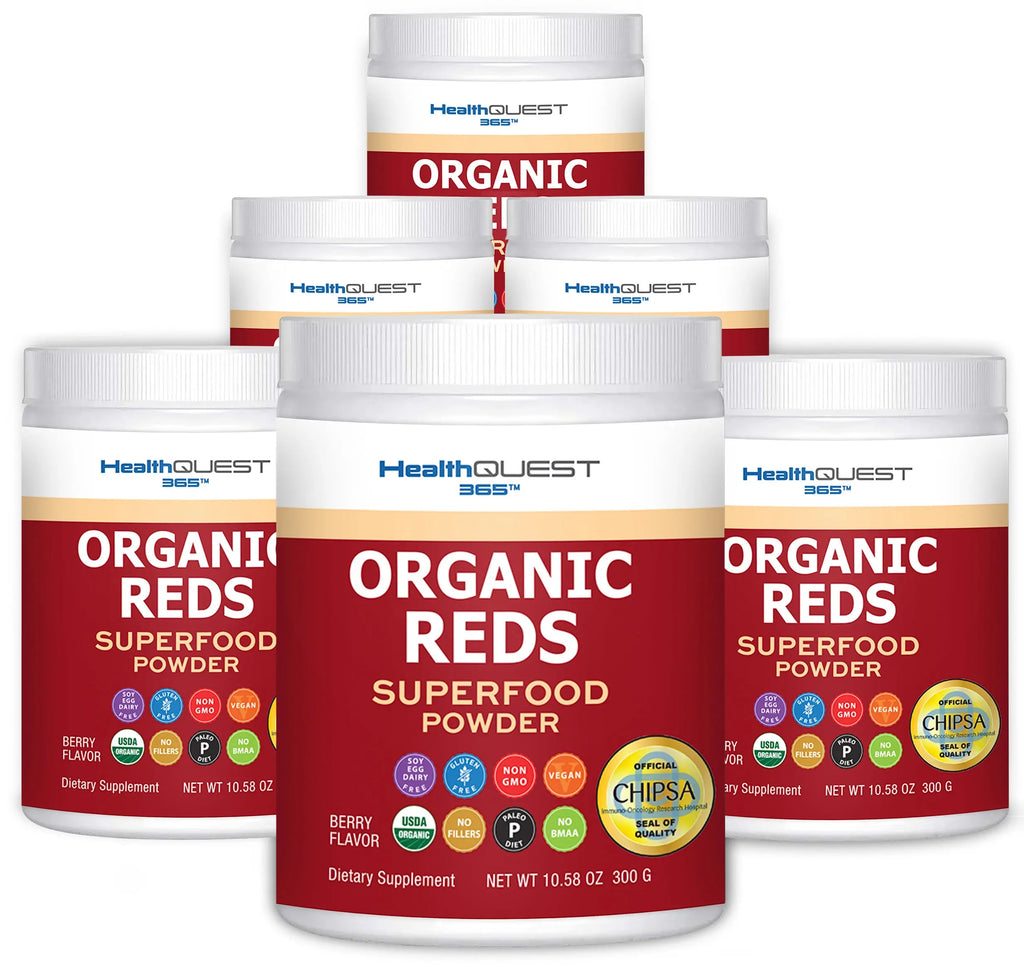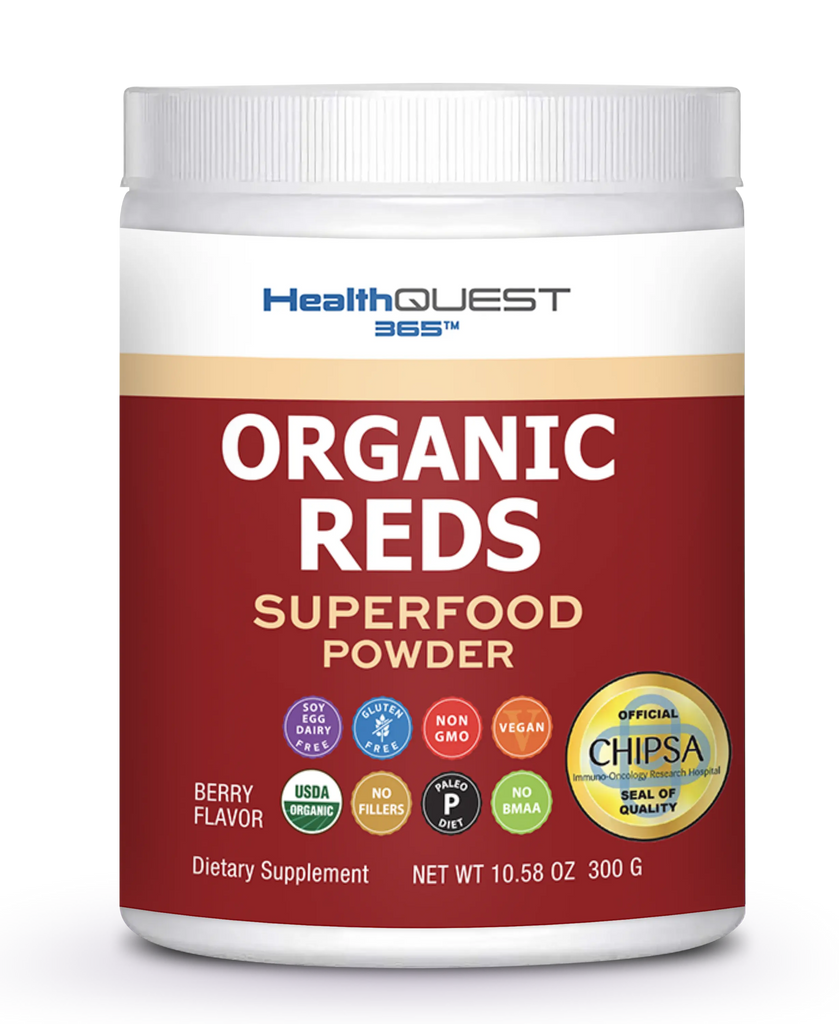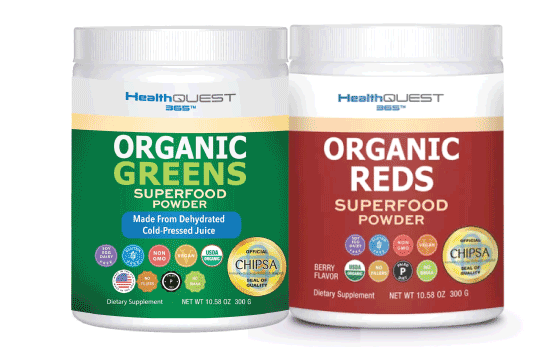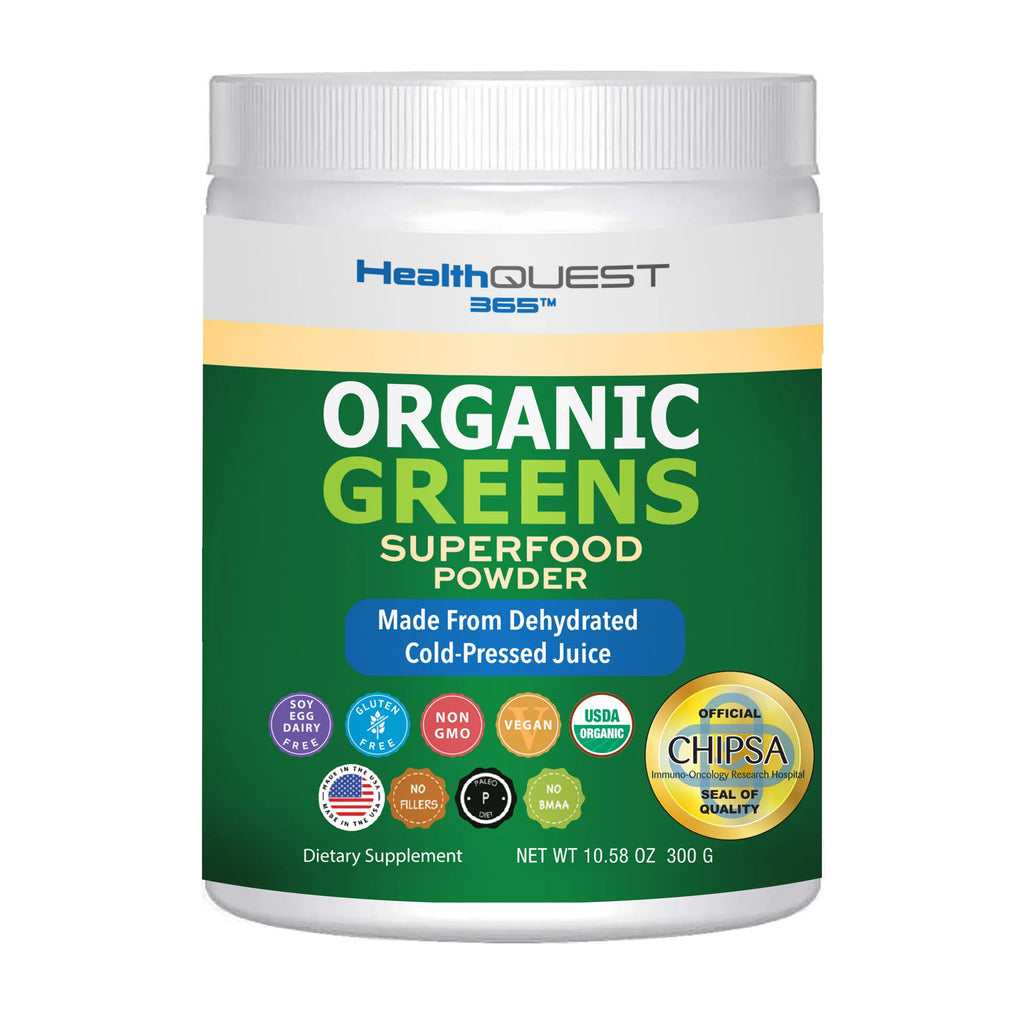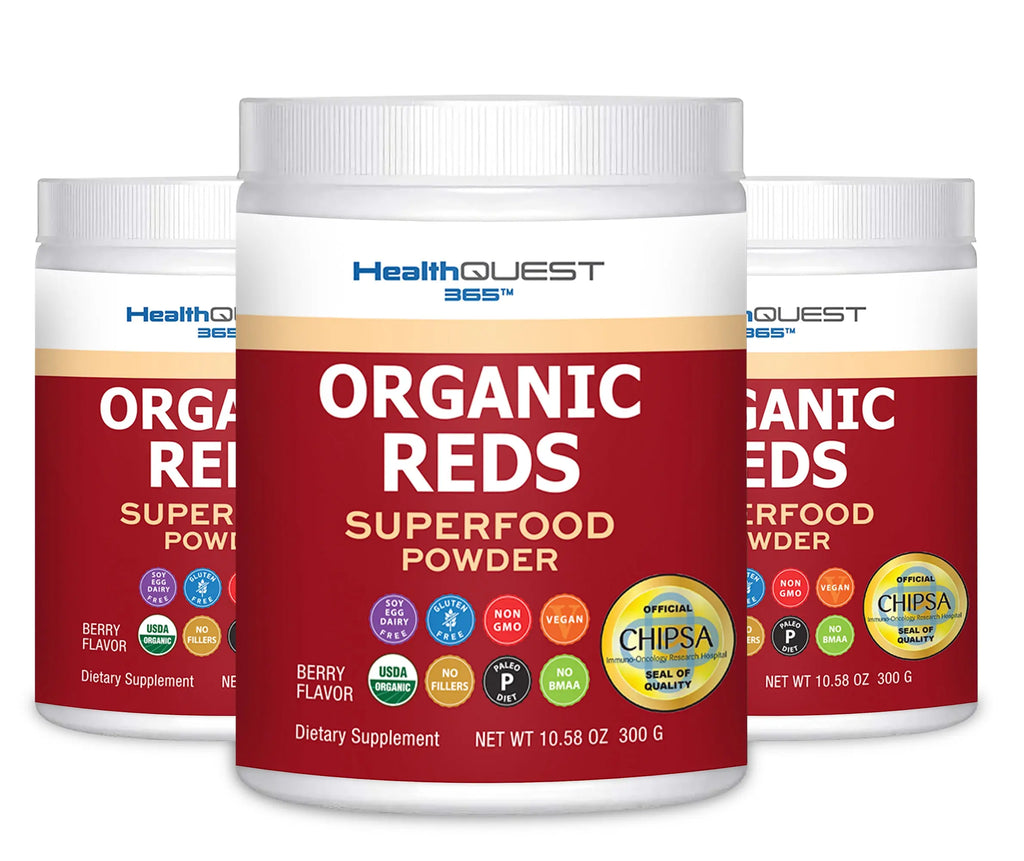It’s about health. It’s about healthy lifestyle. It’s about family™

Healthy Eating 101: A Guide To Maintaining Your Diet
Simply eating less is not the answer when on a diet. After all, malnutrition is possible when managing your weight. Thus, meeting calorie needs, daily exercise, and reducing stress are vital for a healthy diet. The focus here is what you're eating, as food supplies the nutrients your body needs. Overall health and well-being should always be the priority.
Reaching your desired weight while staying healthy requires some food knowledge. Here's a guide to improve your diet quality through healthy eating habits:

CHOOSE HEALTHY EATING FOR YOUR DIET PLANS
An eating plan that centers around a balanced diet helps you stay healthy. The cons of malnutrition are highlighted by higher risks of developing heart disease, stroke, and cancer. A healthy diet means eating from all food groups in good portions.
Weight loss occurs when you burn more calories than you consume. What is vital for controlling weight thus becomes knowing your calorie intake. Eating less does not instantly mean getting fewer calories. The number of calories determines weight gain - not portion size.
Here are some simple tips to develop healthy dietary patterns:
-
Use calorie calculators
-
Set your target healthy weight using your Body Mass Index
-
Prepare your food beforehand
-
Say no to processed foods, candies, and snacks
-
Eat a variety of nutritious food options
THE DAILY CONSUMPTION FOR HEALTHY DIETS
The Food and Nutrition Board of the Institute of Medicine advises 2000-2500 daily calories for adults. Your gender, age, height, weight, and level of physical activity determines how much you should target. Calories should be divided between multiple balanced meals and snacks. To eat healthy foods, go for a mix of fruits, vegetables, grains, protein, and dairy.
FRUIT AND VEGETABLES
Fruit and vegetables are good sources of vitamins, minerals, fatty acids, and fiber. They help lower your risk of heart disease, cancer, stroke, and type 2 diabetes. Healthy snacks like tropical fruits have high vitamin C and potassium while staying low in calories. High-fiber vegetables like legumes lower blood sugar and pressure.
Make half of your plate vegetables and fruits. 400 grams, or 5 portions, of fruit and vegetables, daily is ideal. They can be fresh, juiced, dried, frozen, or canned. Always be wary of added sugar, salt, butter, or cream in these options. Pick different fruits every day and make your plate colorful.
Grilling or steaming vegetables is also the way to go. You can sauté them lightly with small amounts of cooking spray. You can also blend your vegetables into juice. The same goes for fruit juice to mix up your drinks.
GRAINS
Grains are a good source of nutrients and energy. They contain starch, fiber, iron, calcium, and B vitamins. Despite how heavy starch feels, grains contain far fewer calories compared to fat. They can make you feel full without adding weight to your body.
A quarter to one-third of your plate should be starchy foods. Choose one starchy food per meal. Prioritize whole grains as they have a lesser effect on blood sugar levels. Replace white bread and white rice with whole wheat and brown rice. Quinoa and oats are also healthier alternatives. Potatoes are the most common and readily available starchy food.

Give You ALL Our Best Workbooks
Get all the Best Workbooks + Action Guides from our expert
PROTEIN
Protein is responsible for cellular repair and reproduction. It is vital for positive growth and development. The best sources of protein are white meats (poultry and fish), nuts, and beans.
Limit red meat consumption like steaks. Avoid processed meats such as bacon, hotdogs, and other group 1 carcinogen as they are known to cause cancer. Instead, eat a portion of poultry or fish with each meal. When cooking protein, choose healthy plant oils to avoid unhealthy trans fat. Find recipes for baked or grilled protein for your target calorie amount.
Fish especially are a healthier option. Not only do they contain protein, but also healthy fats. Oily fish are high in omega-3 fats which reduce your risk for heart disease. Sardines and salmon are good oily fish options.
DAIRY
Milk and dairy products are good sources of calcium, potassium, and vitamin D. These are necessary for bone strength and development. Avoid eating too much as they contain high amounts of saturated fat.
Dietary guidelines for Americans suggest one to two servings of milk and dairy products daily. Choose yogurt instead of milk as they provide benefits with its live bacterial content. Whole, low-fat, skim, and plant-based milk are available.
SUGAR, FAT, AND SALT
Too much sugar, fat, and salt in the body are detrimental to health. Cons include high cholesterol, high blood pressure, diabetes, heart disease, and stroke.

Eat smaller amounts of sugary foods and choose low-fat options to promote your heart health. These kinds of food may taste the best, but they are also high in calories.
SUGAR
Less than 10% of total calorie intake should be made up of free sugars. Free sugars can be found naturally in honey, syrups, and fruits. There are also sugars added to food or drinks by manufacturers.
FAT
Less than 30% of total calorie intake should be from fats. Unsaturated fats are healthier than saturated fats. Avoid trans-fats as they contribute most to an increase in health risks. Obesity causes a lot of adverse health conditions if left unchecked.
SALT
Less than 5 grams of iodized salt should be consumed per day. Salt, or sodium, is commonly found in bread, pizza, sandwiches, and soups.

FREE "Mystery Gift"?
Let me stay in touch with you via email and as a thank you - get this FREE gift.. Something others paid over $1,000 for.
(True story)
HEALTH QUEST 365: REINFORCE A HEALTHY DIET
Thomas Jefferson once declared happiness could not be achieved without good health. As the saying goes: a healthy body leads to a healthy mind. If maintaining a healthy weight will make you happy, it can't be done without improving your lifestyle.
Start making healthy choices by pairing your meals with Organic Greens 365. The supplement is packed with vital nutrients to help you reach your healthy body weight. Mixing it with your favorite drinks will make up for having to say no to unhealthy foods you enjoy.
FREQUENTLY ASKED QUESTIONS
Healthy eating involves consuming a balanced variety of nutrient-dense foods, including fruits, vegetables, lean proteins, whole grains, and healthy fats, while limiting processed foods, added sugars, and excessive sodium.
Yes, you can make healthier choices when eating out by selecting options that include plenty of vegetables, lean proteins, whole grains, and healthy fats, and asking for dressings and sauces on the side.
Use smaller plates, measure portions with utensils or your hand, and pay attention to hunger and fullness cues to help control portion sizes and prevent overeating while maintaining a healthy diet.
Yes, foods rich in complex carbohydrates, protein, healthy fats, vitamins, and minerals can provide sustained energy and support overall health when included as part of a balanced diet.
Yes, moderation is key! You can enjoy treats and indulgences occasionally while focusing on balance and portion control within an overall healthy eating pattern.
TRY AND GET MORE BENEFITS
... AND HE HATES VEGETABLES!
ORGANIC SUPER GREENS DRINK!
CHIPSA HOSPITAL CERTIFIED NUTRITION

CHIPSA Hospital, known as the original Gerson Hospital, was founded by Charlotte Gerson and Victor Ortuno in 1979.
CHIPSA is known as one of the leading integrative immuno-oncology treatment hospitals in the world.
CHIPSA Patients follow an Enhanced Gerson Protocol and drink 13 Cold Pressed Juices a day and 2oz of Organic Greens 365 daily.
*These statements have not been approved by the Food and Drug Administration. This product is not intended to diagnose, treat, cure, or prevent any disease.
The website's content and the product for sale is based upon the author's opinion and is provided solely on an "AS IS" and "AS AVAILABLE" basis. You should do your own research and confirm the information with other sources when searching for information regarding health issues and always review the information carefully with your professional health care provider before using any of the protocols presented on this website and/or in the product sold here.
Neither Health Quest 365 LLC. nor the author are engaged in rendering medical or similar professional services or advice via this website or in the product, and the information provided is not intended to replace medical advice offered by a physician or other licensed healthcare provider.

